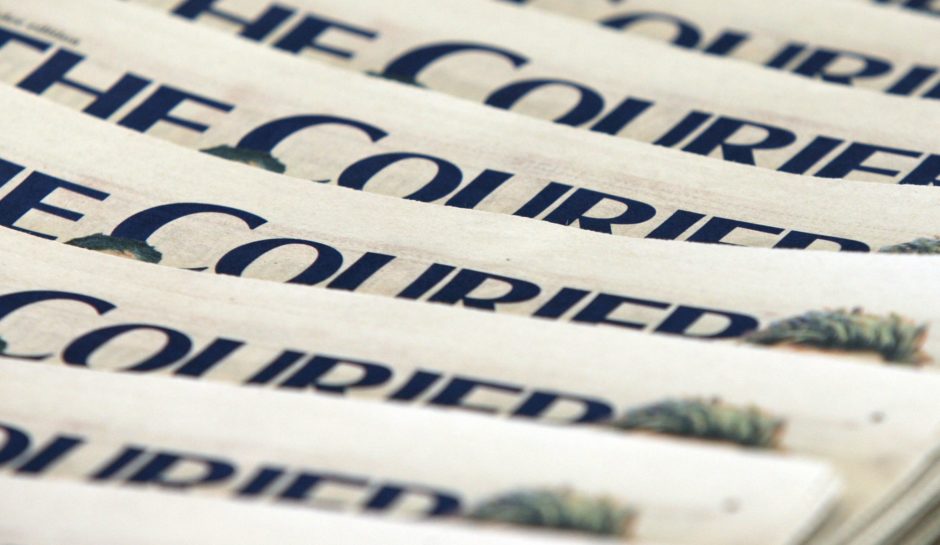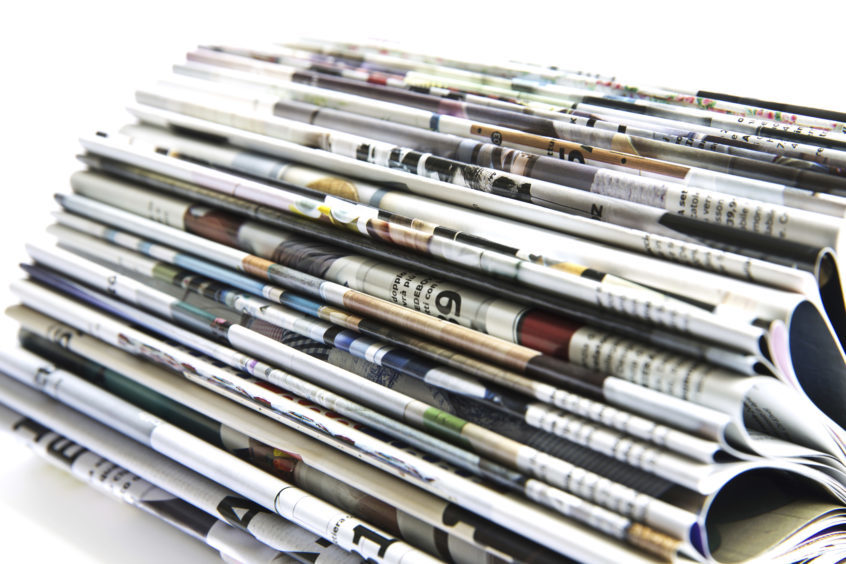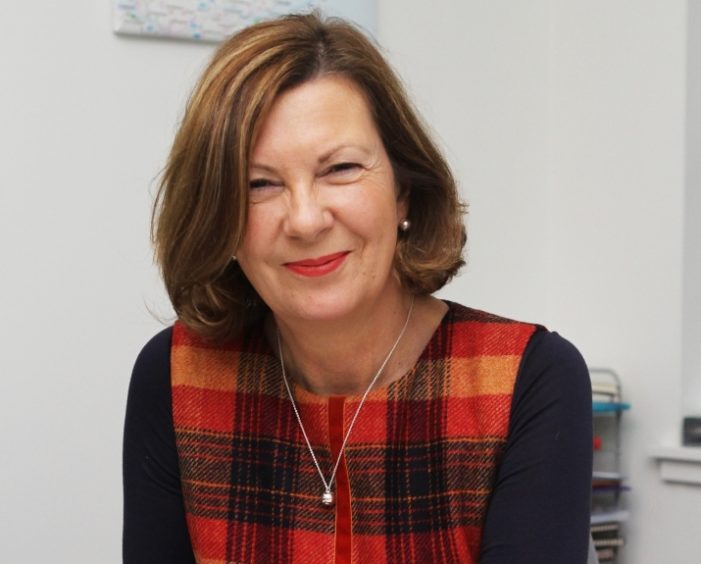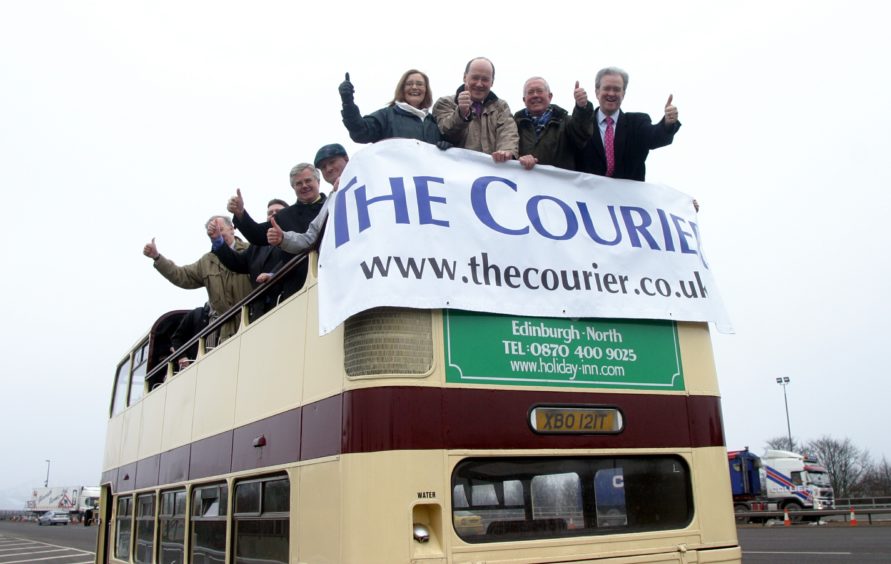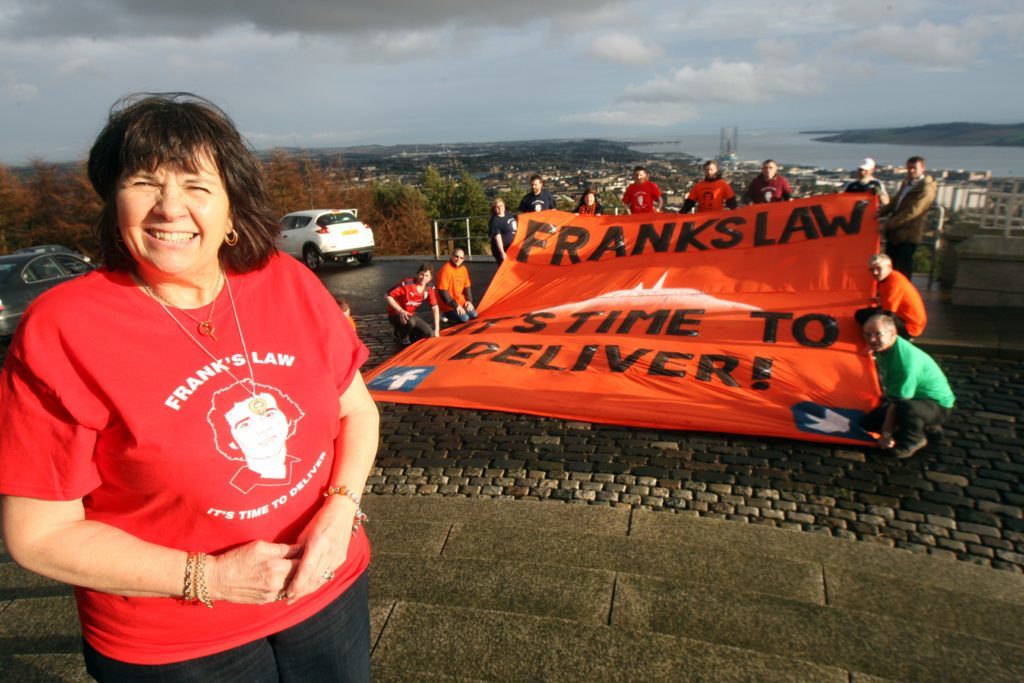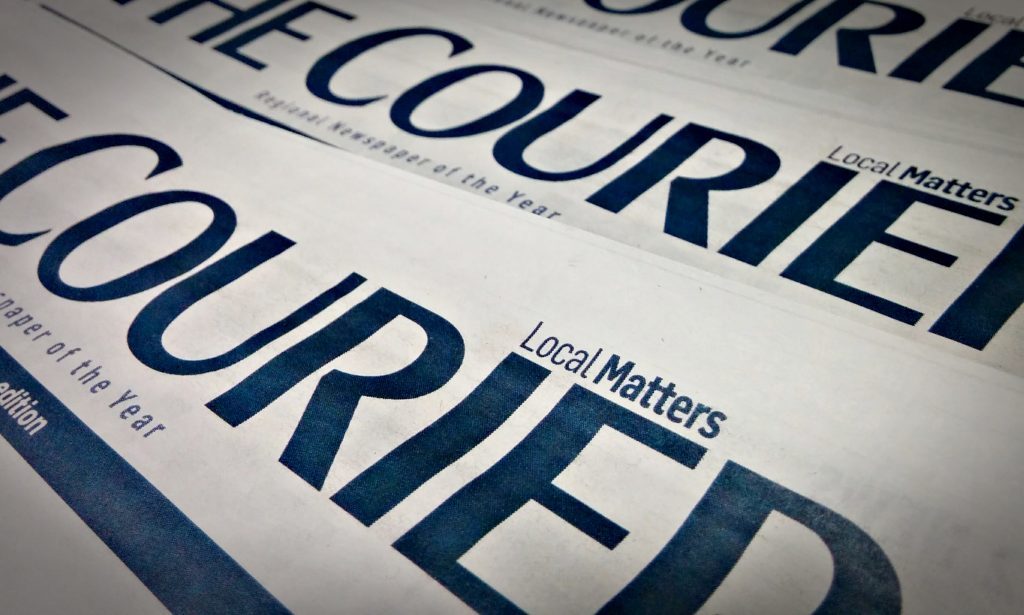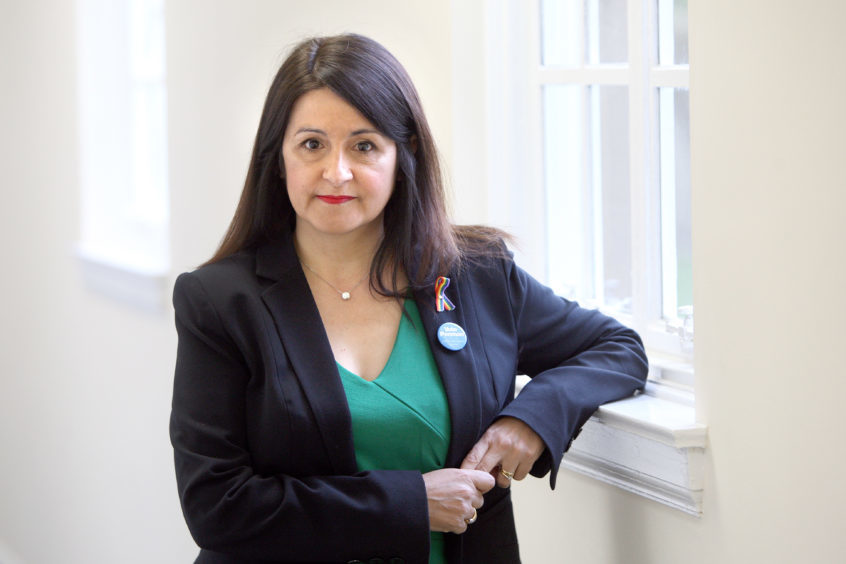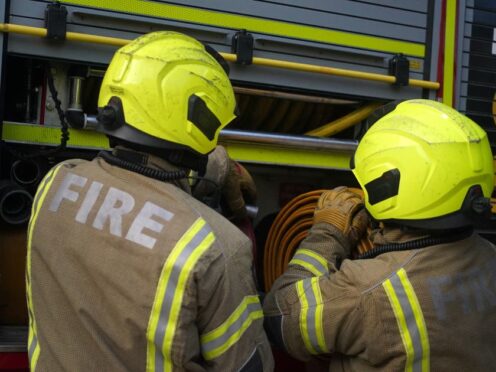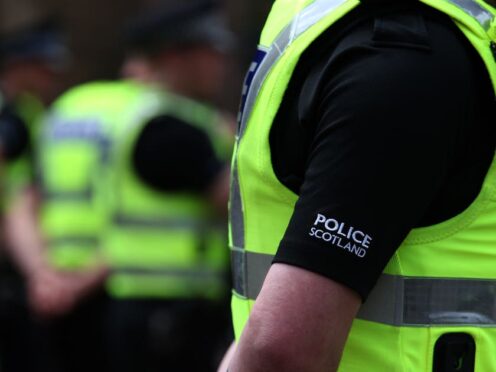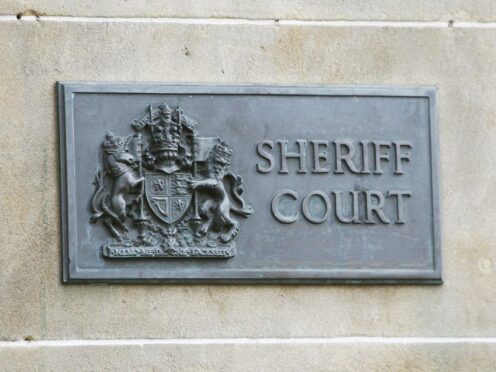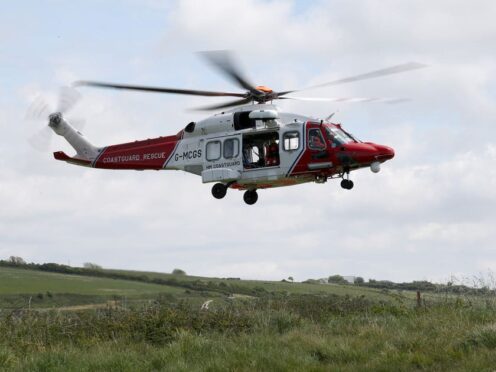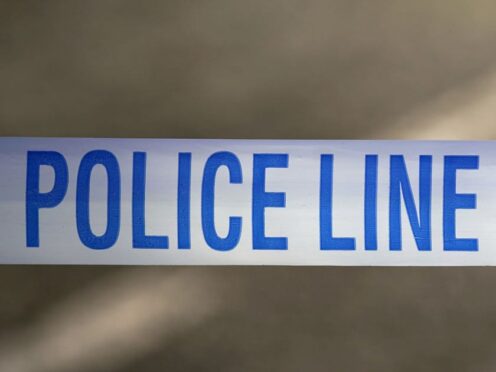The benefits of news media journalism to society are being highlighted in a newspaper-industry campaign being launched on Monday May 13 and backed by The Courier. Michael Alexander reports.
It is one of the most precious freedoms in our democratic society: the ability of journalists to reveal truths, on behalf of the public, that might otherwise remain hidden and to expose them to scrutiny.
That might range from local papers uncovering corruption in local councils, to a national title exposing the misdemeanours of powerful individuals.
Yet the print and digital news media relied upon by 48 million people in the UK every month faces huge challenges ranging from numerous threats to freedom of speech to worldwide threats of physical violence.
According to Reporters Without Borders, 10 journalists worldwide have been killed so far this year with 172 journalists languishing in prison.
However, it’s not only journalists in far flung locations who can be at risk. The recent murder of journalist Lyra McKee in Northern Ireland was a reminder of threats closer to home, while many journalists continue to receive online abuse simply for doing their job.
It’s with these issues in mind that The Courier is backing a national campaign which aims to highlight the power of news media journalism.
Journalism Matters, which launches on May 13, is being run by the News Media Association – an organisation which represents the voice of national, regional and local news brands.
The campaign, which replaces Local Newspaper Week, is a platform for news media titles across the industry to tell readers about the importance of trusted journalism to our democratic society.
Courier editor Catriona MacInnes said: “It may sound a tad old school but good, solid local journalism is at the heart of what we do and I firmly believe it matters.
“In this ever changing landscape we continue to play an important role within our communities; people want to feel connected, to know what is happening on their patch and to know that someone is holding power to account.
“We also make a difference; by lending our voice to campaigns we can foster change and, together with our local communities, we can make things happen.”
Successful high profile campaigns backed by The Courier over the years have ranged from the scrapping of the Tay and Forth bridge tolls in 2007, the Fight for Fairer Fuel backed by over 10,000 readers in 2011, and, most recently, the award-winning campaign for Frank’s Law, launched in 2013, which sought financial support for those suffering with early dementia.
The campaign was inspired by local football legend Frank Kopel who played for Dundee United.
Struck down by vascular dementia aged 59, his family were left to cope with not only a devastating diagnosis but also a significant weekly outlay on care costs because financial support for people with conditions like Frank’s did not kick in until the age of 65.
The Courier’s tireless campaign to ensure free care for under-65s like Frank, who died in 2014 aged 65, resulted in the Scottish Government ploughing millions of pounds into addressing the situation and in September 2017, it was confirmed that Frank’s Law would take effect by April 2019 and would benefit at least 9,000 families in Scotland.
Frank’s widow Amanda told The Courier she remains “very grateful” for The Courier’s “unwavering support” and said that if Frank were still around, he too would be thankful.
She said: “The Courier stood shoulder-to-shoulder with me, Frankie and Frank’s Army not only during the campaign but also during Frankie’s battle with dementia.
“Their journalists and photographers were always very professional and showed compassion, empathy and integrity.
“During Frankie’s journey with dementia, The Courier’s four day article regarding the disease was one of the many highlights which raised much awareness about the disease, people who were living with it, and how much funding actually went into finding a cure for this disease which nearly every family in Scotland is affected by.
“They helped to raise awareness of dementia that it is a disease of the brain and not of age, that it was most definitely not a disease which only a person of advancing years was diagnosed with, plus the blatant discrimination against the under-65’s who were being charged for personal care.
“Because of The Courier’s consistent, ongoing pressure in reporting the campaign it helped raise much needed awareness throughout Scotland.”
Marie Penman, course tutor for the HND Practical Journalism/NCTJ Diploma at Fife College said that post-Leveson and in the era of “fake news”, the public are a “bit more cynical” about journalism and whether it is reliable or trustworthy anymore.
However, while that may be true of certain national titles, she said local titles are “totally different” and deserve the support of the areas they represent.
“Local papers really are the voice of the community and can present news in a way that is distinct and unique,” she said.
“They base their coverage on local knowledge, which is absolutely crucial when it comes to covering local issues – the closure of libraries, for example, or campaigns to improve healthcare or road safety.
“Local reporters tend to live in the towns they write about – any issues they report on affect them, too. They don’t just cover communities – they’re part of them.”
